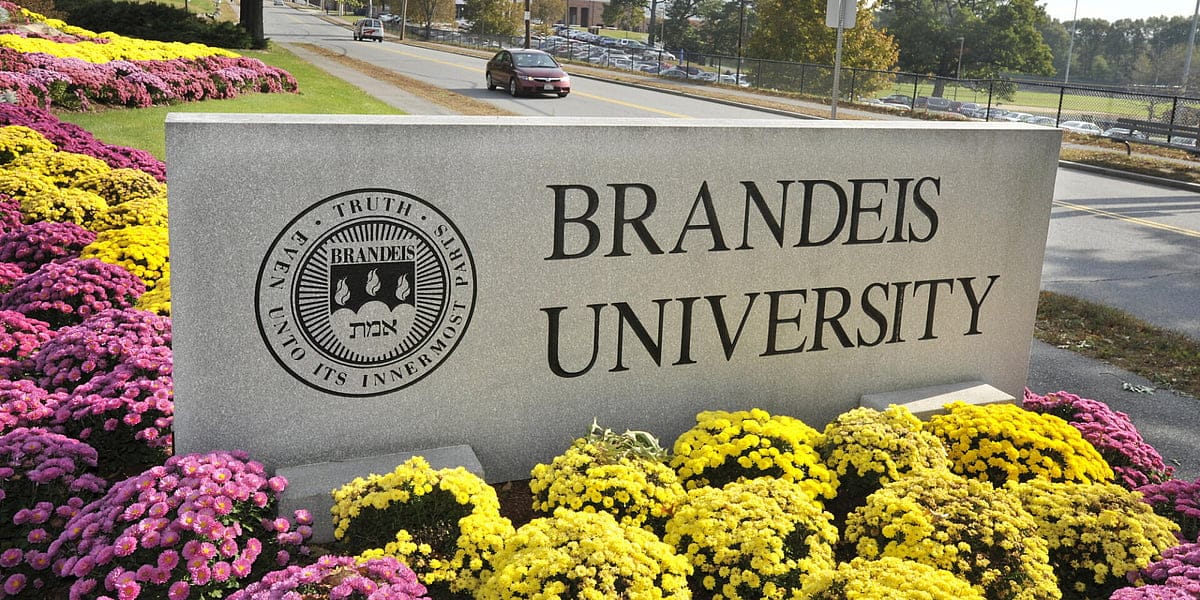Former Brandeis student withdraws Title IX lawsuit, claims ‘vindicated’ by judge’s ruling

BOSTON — A former Brandeis University student who sued the school in 2015, alleging he had been railroaded by school officials during a sexual assault probe, recently withdrew his lawsuit, saying via his attorneys that he wants to get on with his life and adding he feels "vindicated" by a federal judge's filing last spring.
The student, who is referenced as John Doe in court filings, issued a brief press release this month through his attorneys. Doe's lawsuit stemmed from the manner in which Brandeis officials handled a sexual assault complaint lodged against him by a former boyfriend, filed months after Doe broke off the monogamous relationship.

